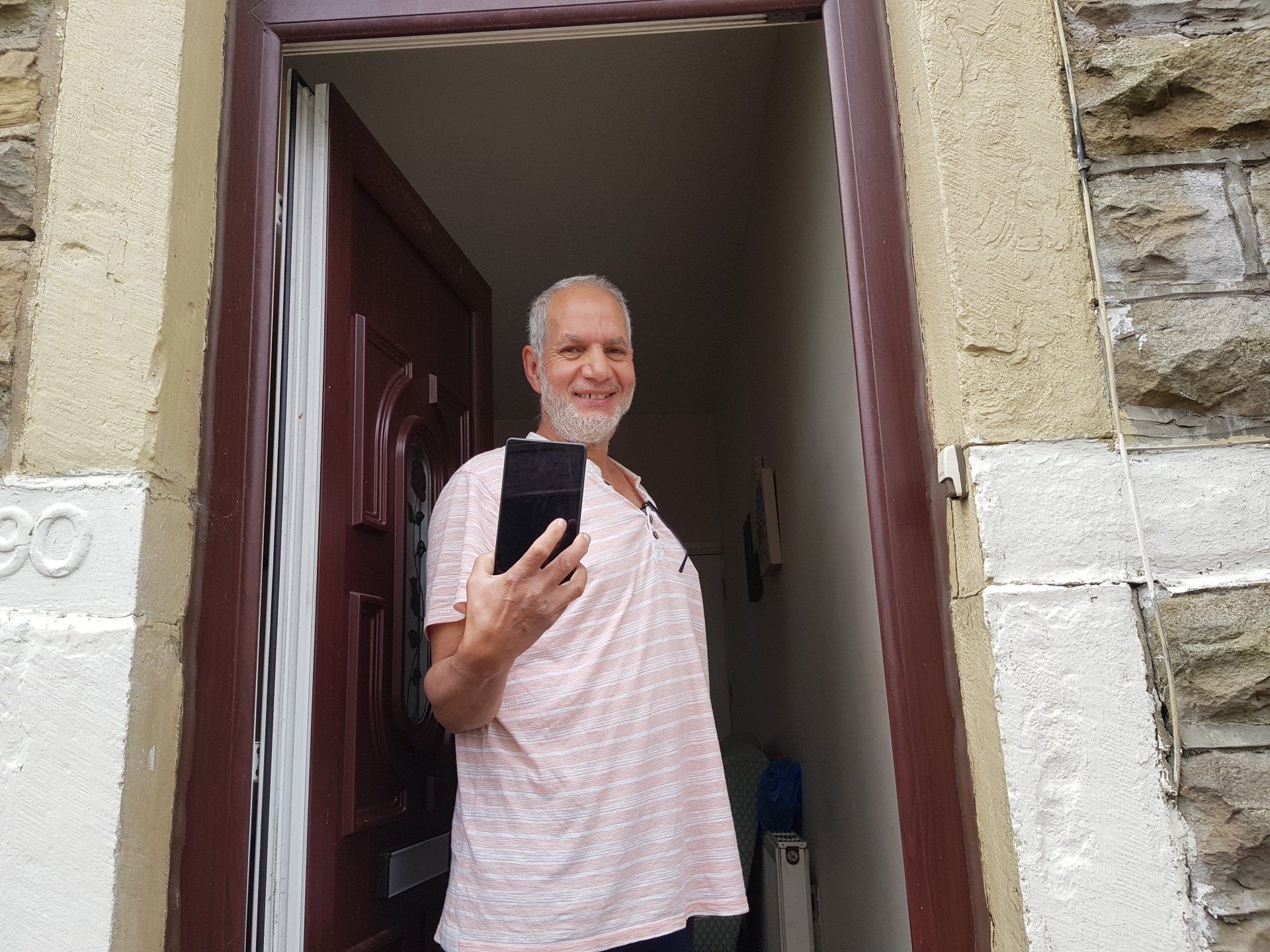
Multi-award-winning Social Enterprise
Producing Outstanding Results
Call us on 03300 109919
Digital Inclusion & Employability Development
Digital Inclusion & Employability Development
Digital Inclusion & Employability Development
We support adults in our communities access employment. This includes helping people get online so they can search for jobs, providing training in basic skills (ESOL, functional maths and English), supporting access to higher education, supporting people working through degree qualifications, and providing high quality volunteer placements and paid work placements (both with training).
At one time, unemployed people were seen as victims of joblessness. We believe in supporting people to develop a stronger internal locus of control so they are more resilient to economic downturns, automation, offshoring and other factors that are reducing the demand for labour. We also help families in our communities break the cycle of joblessness by raising aspirations and supporting access higher education.
Volunteering and paid work experience with training
High quality volunteering opportunities with training and paid work experience with training are extremely important to helping people get into employment. At each of our sites we offer local people high quality opportunities to gain experience, either through volunteering opportunities or paid work experience with training. These opportunities include: working with children as activity coordinators or teaching assistants, or supporting charitable giving in our warehousing facilities or print room. In 2021-22 we helped three parents into work, in 2022-3 we are on track to support four people into work.
Developing Skills for Employment
We support adults to access educational opportunity as a means to improve their employability. So far we have helped people access the teaching profession through postgraduate qualifications, access higher education and work through their degree, and access level 3 qualifications. We have done this through coaching and academic support. We will continue to offer this service on a not for profit basis to help people into employment and progress to better paid work.
We also worked with a local provider to deliver an access to HE programme, which ended in March 2020 due to the coronavirus lockdown.
Digital Inclusion
We ran a pilot programme with a local community centre to distribute 10 devices and mobile internet, supplied by the Online Centres Network, to people living in deprived areas and experiencing device and internet poverty. This pilot was of mixed success as local signal strengths were too slow to enable those beneficiaries to access online services, particularly online education and training.








